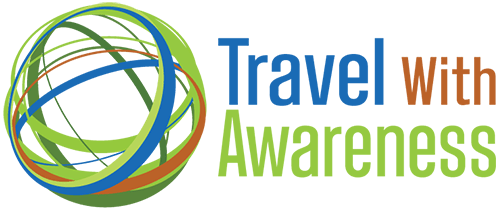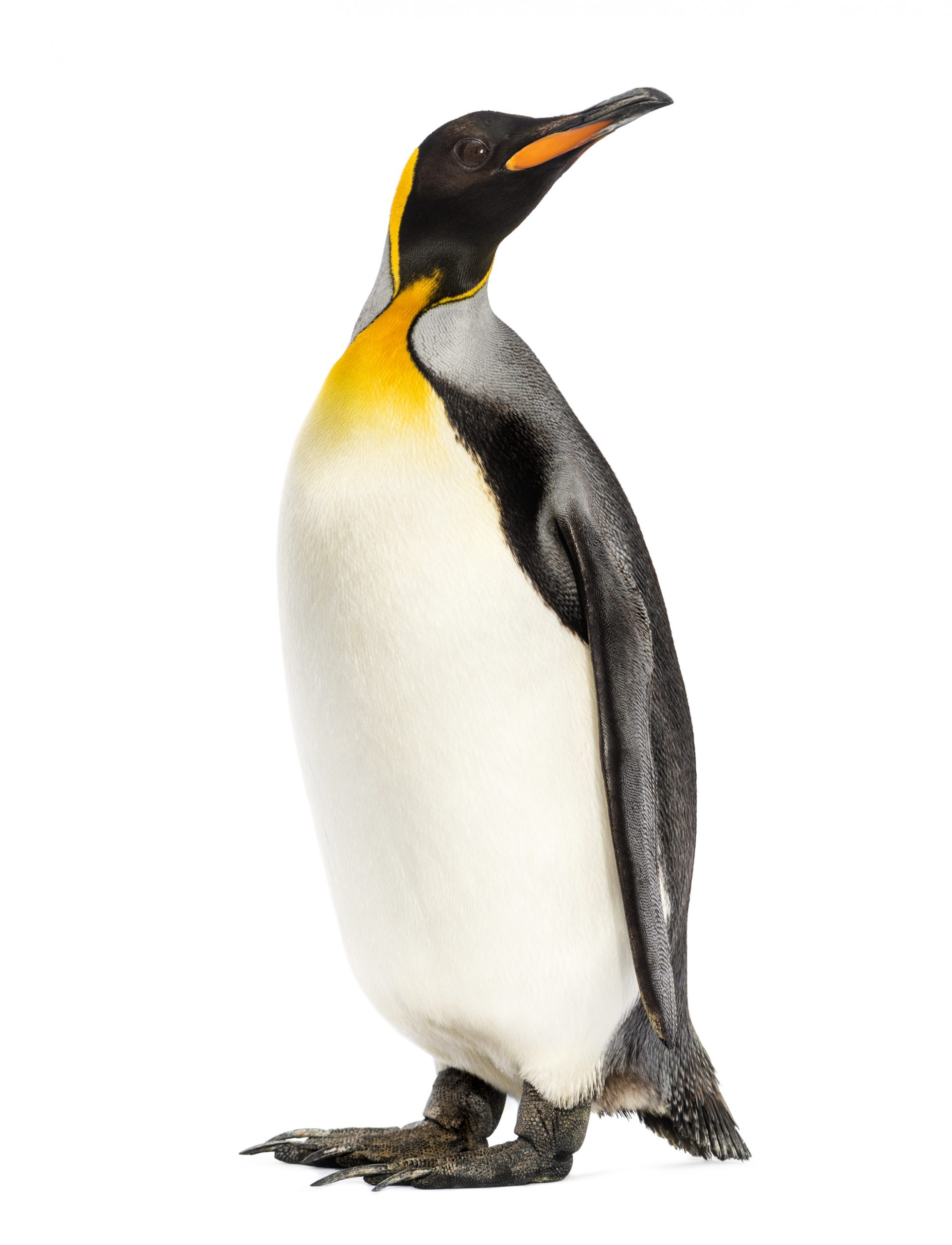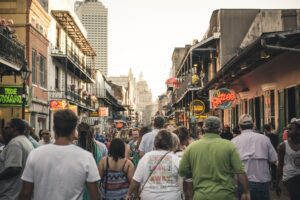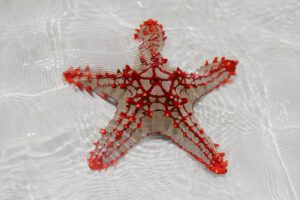What is Animal Welfare
Not everyone thinks of animals in their daily life, let alone when travelling, unless they have a pet, but generally it doesn’t go past there. There are approximately 8.7 million species of animals on earth, apparently equating to 10 quadrillion animals on Earth (that’s 15 zeros), whereas the human population is 7.9 Billion (that’s nine zeros). This means animals are a massive contributor to our planet.
Animals outnumber humans by almost double
Animals come in a range of diversified sizes, shapes, colors, mobility and functions, which make them all unique in their own way. Like humans, animals move in pursuit of food, mates (partners and communities) and find shelter for protection, whether it be a single ant on the ground or an eagle in the sky, they all have a similar pursuit in life like us.
We often take animals for granted or never think twice about animals especially in the wild, unless you have an avid wildlife interest. Although there are more animals on Earth than humans, we humans dominate animals and direct the future of their lives.
Humans are meant to be the smart species, yet why are we killing our planet?
Why Care?
Based on the United Nations Sustainable Development Goals, a million species are in danger of going extinct if we do not change our behaviours in how we interact with the natural environment and wildlife. How we live our lives greatly impacts our animals lives, and is no different when we travel.
We have a tendency to travel with a short term mindset
Our impact to animal lives is possibly more important when we travel, as our actions can go unnoticeable as soon as we leave a destination or region, yet our action have long term effects on species.
An animal is a living being that eats, breathes, reproduces, has a home, has family and has feelings, just like you. We need to care for our animals in all shapes and sizes on our planet, just like we care for people, our friends and family. Without animals in our lives, not only would our life be boring, yet it wouldn’t exist, as we all form part of our ecosystem, all relying on each other to live.
For anyone who has visited Africa and witnessed animals roaming freely across the savannah, then visited a zoo some time afterwards, they know the sad sinking feeling of the true potential the animals had, yet that life has been taken away from them. To witness animals in their natural environment is so pleasing and heartwarming, that most people take it for granted.
Animals form an integral part of our ecosystems, whereby if any factor in the ecosystem is altered it will affect the entire ecosystem, so if we endanger the life of an animal species, this will have a domino effect and likely impact humans as well down the line.
“Animals are integral to sustainable development and, by exploiting them, we jeopardize our own wellbeing. And the way our society treats animals says so much about our humanity, compassion, and happiness. It has never been more evident than ensuring the humane treatment of animals is critical to protecting our own wellbeing—and public policy should evolve accordingly” – Beth Allgood, US Director International Fund for Animal Welfare.
How can I Help?
The first step to help increase animal welfare is to know there are living creatures all around you.
Once you are aware living creatures are all around, you should aim to ensure their living conditions and habitats are undisturbed where possible. As you wouldn’t like your home or township to be destroyed, nor would you like to be taken from your home and placed in a cage or expected to be chained up all day.
Show animals the same respect in you would in your life
There has been a change in tourism attractions over the last decade to avoid animal exploitation, however we can continue to play our part in reducing these. So avoiding attractions which exploit animals or where animals are kept in captivity is best, unless it is for conservation or short term rehabilitation reasons. No animal should be kept from their natural home unless completely necessary for the benefit of the animals health and wellbeing. If you witness an animal in captivity living in poor conditions, raise it with the appropriate authorities so they can act accordingly.
Like humans, animals have personal space and fear the unknown
When you see an animal give it space and don’t approach it. For one you’ll scare them, plus depending on their nature they may bite you.
Besides domesticated animals, animals should be kept wild which is in their nature, and shouldn’t be fed by humans. The more human contact they have, the more animals will come to expect that contact, along with the expectation that people are their food source, and they’ll stop sourcing and hunting for their own food. Animals need to be self sufficient, so avoid contact and feeding them at all times. Most destinations place signs around to not feed the animals, respect the request and understand why they have done so.
These days most animal entertainment venues are taboo, such as animal circuses, taking selfies with chained up tigers, riding elephants and the like. Although the tourism industry has made progress in eliminating animal exploitation for entertainment purposes, there is still room to improve. Whilst destinations and attraction operators may take time to completely demolish this industry, until it is the norm, avoid seeing, especially paying to see animals in such states, so the operators have no choice but to cease the attraction.
The shift in animal welfare needs to be by travellers as well
How we treat animals when we travel, is crucial to the increase of animal welfare across the globe, as we travel, consider all animals regardless of their size and nature, and be aware of how you are treating them.







